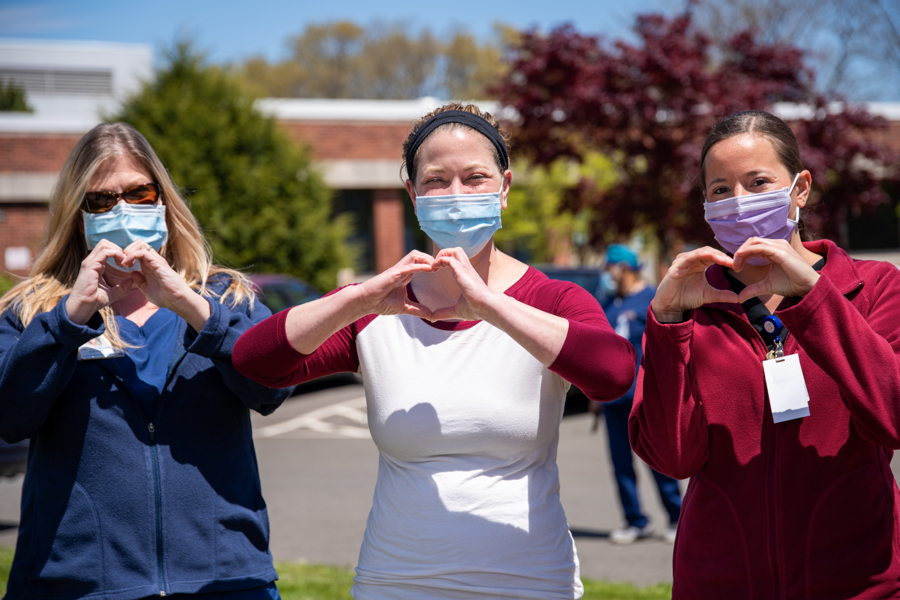
Explore Nursing Careers
EveryNurse Staff
What nursing career is right for you? Learn about the fulfilling opportunities nursing has to offer, from traditional roles in hospitals to innovative positions in healthcare technology.

Table of Contents
Nursing Career Paths
Entry Level Nursing Careers
When starting your nursing career, it’s best to remember that everyone starts somewhere. Not all career paths require extensive schooling, and several options allow you to enter the workforce relatively quickly so you can start earning an income and building real-world experience.
Advanced Practice Registered Nursing (APRN) Careers
RN Specialties & Alternative Careers for Nurses
What Qualifications Do You Need to Become a Nurse?
Education Requirements
If you wish to be a licensed practical nurse (LPN), you need to complete an accredited LPN program, offered by vocational schools, community colleges, and private colleges. Students entering an LPN program can expect to take courses in nursing, biology, and pharmacology while also participating in hands-on clinical experiences. LPN certificate programs take about one year to complete.
The minimum education requirements to become a registered nurse (RN) are an associate degree or a Bachelor of Science in Nursing (BSN). However, requirements within nursing are expected to change as states push to expand the qualifications for nurses. In many states, every position in the nursing field may soon require a bachelor’s degree. A BSN degree requires three to four years of coursework to complete.
Nursing License Requirements
- National Nurse Aide Assessment Program (NNAAP) Exam: Individuals who want to work as a nursing assistant must pass a state competency exam. CNAs have a limited scope of responsibility compared to registered nurses, which is reflected by the exam.
- National Council Licensure Examination (NCLEX-PN): Individuals pursuing roles as licensed practical nurses must pass this exam. LPNs have a slightly expanded range of job duties than their CNA counterparts. For example, they are often tasked with conducting medical tests and administering medication. The NCLX-PN will cover a nurse’s comprehension of these additional responsibilities and test their understanding of basic nursing concepts.
- National Council Licensure Examination (NCLEX-RN): To become a registered nurse (RN), individuals must pass this rigorous, knowledge-based exam. The NCLEX-RN is the most comprehensive exam of the three listed on this page. The format integrates four major Client Needs categories and eight subcategories to determine if it’s safe for individuals to practice as entry-level nurses.










